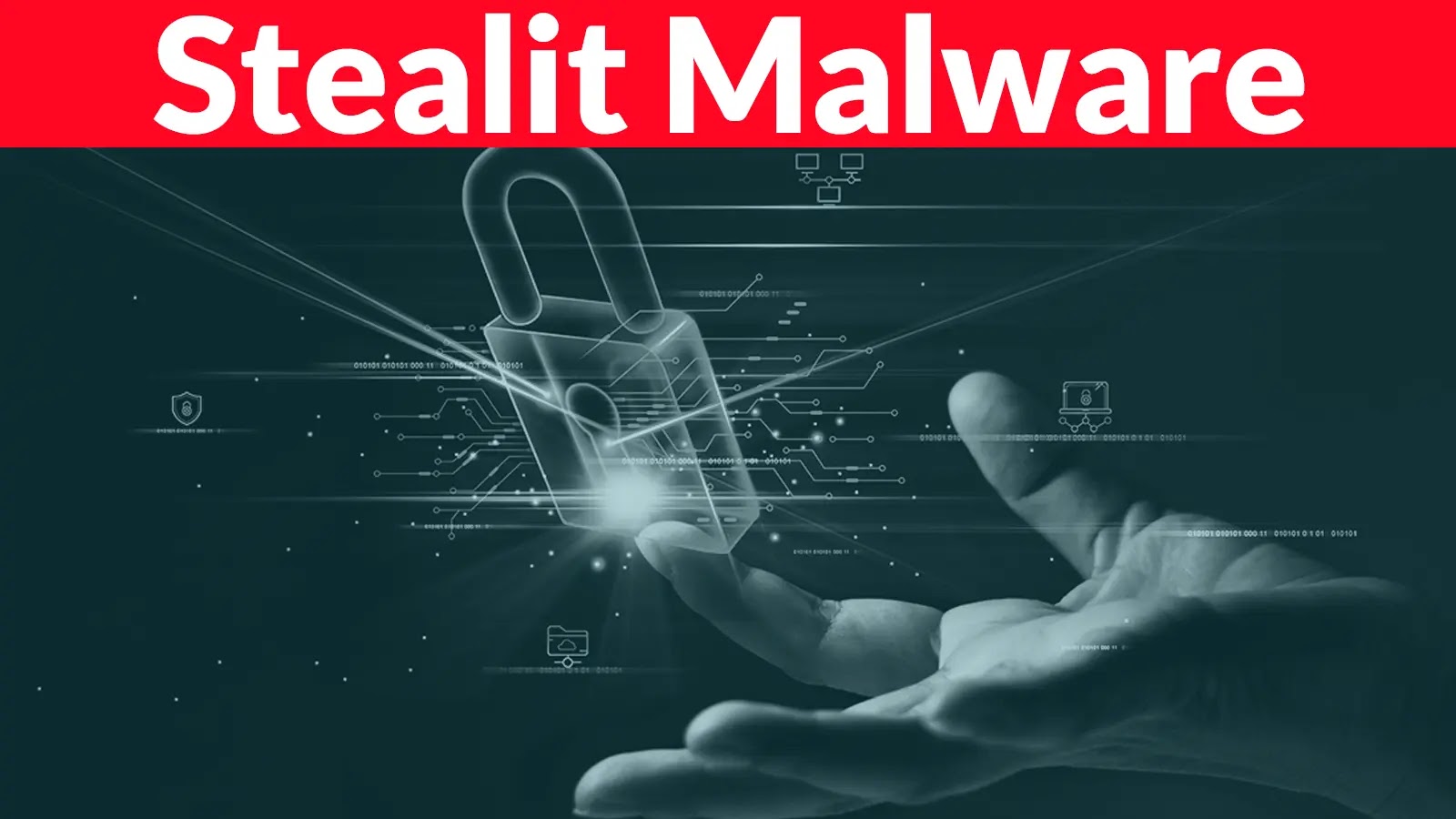A sophisticated malware campaign known as Stealit has recently emerged, targeting Windows systems by exploiting the Node.js Single Executable Application (SEA) feature. This approach allows the malware to operate without requiring a pre-installed Node.js runtime, thereby evading traditional detection mechanisms. The campaign primarily distributes malicious payloads disguised as installers for popular games and VPN applications through file-sharing platforms like Mediafire and Discord.
Technical Overview
Stealit leverages the experimental SEA feature of Node.js to bundle its malicious scripts into standalone executables. This method enables the malware to run on systems without Node.js installed, increasing its reach and effectiveness. The malware’s architecture is multi-layered and heavily obfuscated, making detection and analysis challenging.
Upon execution, the installer performs extensive anti-analysis checks to detect virtual environments, debugging tools, and analysis platforms. These checks include:
– System Resource Verification: Assessing memory allocation and CPU core counts to identify virtual machines.
– Timing Analysis: Measuring the execution time of mathematical operations to detect debugging.
– Process Enumeration: Scanning for running processes associated with analysis tools.
– Registry Checks: Examining registry entries for debugger configurations.
– DLL Injection Analysis: Reviewing loaded modules for analysis-related libraries.
If the environment is deemed safe, the malware proceeds to install its core components:
1. save_data.exe: Utilizes tools like ChromElevator to extract data from Chromium-based browsers.
2. stats_db.exe: Collects information from messaging applications (e.g., Telegram, WhatsApp), cryptocurrency wallets (e.g., Atomic, Exodus), and gaming platforms (e.g., Steam, Minecraft).
3. game_cache.exe: Establishes persistence, enables real-time screen monitoring, executes arbitrary commands, and facilitates file transfers.
Malware-as-a-Service Model
The operators of Stealit have adopted a commercialized approach, offering their malware as a service. Their website advertises professional data extraction solutions with subscription plans for both Windows and Android platforms. Pricing ranges from $29.99 per week to $1,999.99 for a lifetime license. The service includes features such as file extraction, webcam control, live screen monitoring, and ransomware deployment. A Telegram channel (@StealitPublic) provides updates and customer support, indicating a well-organized operation.
Distribution Methods
Stealit is disseminated through counterfeit installers for games and VPN applications, which are uploaded to file-sharing sites like Mediafire and Discord. These malicious packages often use PyInstaller and compressed archives to lure unsuspecting users. The use of the SEA feature allows the malware to execute without additional dependencies, increasing the likelihood of successful infections.
Command-and-Control Infrastructure
The malware’s command-and-control (C2) infrastructure has evolved over time. Initially hosted at stealituptaded[.]lol, the C2 server has since moved to iloveanimals[.]shop. This domain not only serves as the C2 server but also functions as a marketing website promoting the malware’s capabilities and subscription plans. The operators maintain active communication channels through Telegram, providing updates and support to their clientele.
Implications and Recommendations
The emergence of Stealit underscores the evolving landscape of malware distribution and the increasing sophistication of cyber threats. By exploiting the SEA feature of Node.js, the malware can bypass traditional security measures, making detection and prevention more challenging.
To mitigate the risk of infection, users and organizations should:
– Exercise Caution: Avoid downloading software from untrusted sources, especially file-sharing platforms.
– Implement Security Measures: Utilize reputable antivirus and anti-malware solutions that can detect and block such threats.
– Stay Informed: Keep abreast of emerging threats and adjust security protocols accordingly.
– Regular Updates: Ensure that all software, including operating systems and applications, are regularly updated to patch known vulnerabilities.
By adopting these practices, individuals and organizations can enhance their defenses against sophisticated malware campaigns like Stealit.



